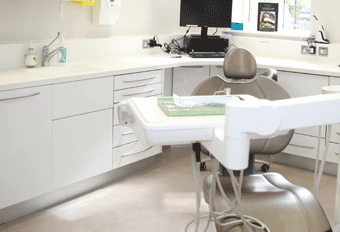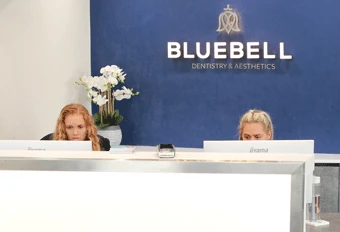What is sedation for?
There are a variety of reasons behind patients requiring sedation. For example, sedation may be necessary if you suffer from dental anxiety, if you are about to have a painful or complex procedure or if you have had a past traumatic experience.
Conscious sedation is a combination of medicines to help you relax (a sedative) and to block pain (an aesthetic) during a medical or dental procedure. You will probably stay awake but may not remember having the procedure.
Keysteps
- You need to fill in a pre- and post-operative information and a consent form.
- You will then receive a phone call for a consultation prior to your treatment
- You will attend the surgery, having starved for four hours, for the procedure with a responsible adult who must take you home after the sedation, and remain with you for the next 12 hours.
The sedation equipment will be set up in the surgery prior to your arrival. You will be greeted and any questions regarding the sedation will be answered.
You will be cannulated and given some intravenous drugs to make you relax, you will be closely monitored throughout the whole procedure
Patients should not experience any nausea or vomiting after sedation. If you do vomit more than once, we advise you to contact your seditionist or your dentist
On arriving home, we advise the patient to have a small drink of water or squash. If you can tolerate this, then you can progress onto something bland to eat e.g. scrambled egg.
We advise patients not to drive, operate machinery or have any alcohol for 24 hours following the procedure. We also advise not to use anything electrical, e.g. kettle, iron, drill, etc.



